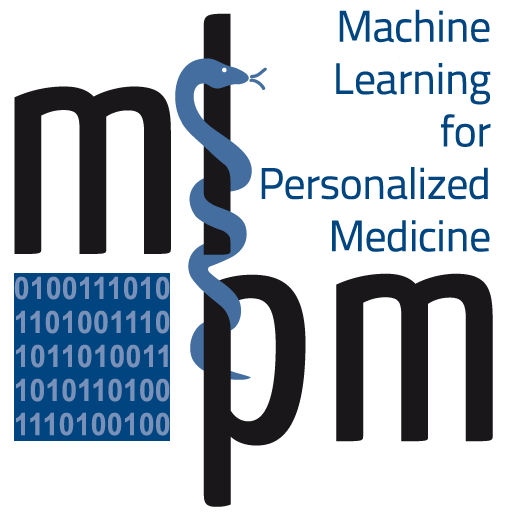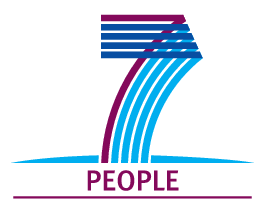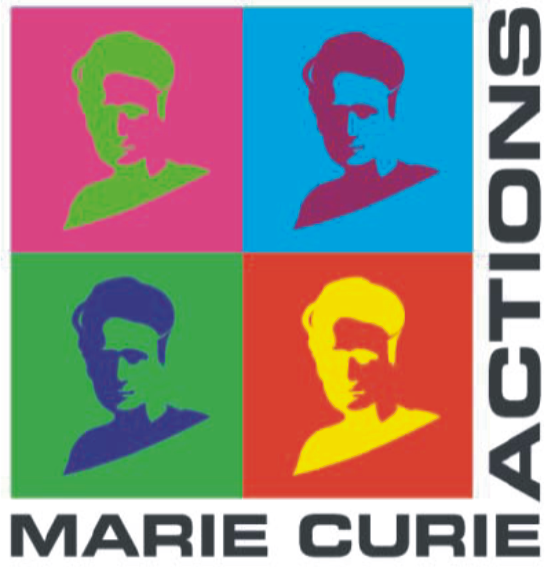The road from bench to bedside: ethical considerations to animal use in preclinical research
by Marcelo Rivolta
The development of new technologies and medical treatments requires a progression of studies that range from the test tube up to experimental administration to defined groups of patients, before they can be applied to the general medical practice. Throughout this road, animal models of pathological conditions play a critical role. While constant research efforts are aimed to develop artificial alternatives to minimize the use of animals, the complexity and variety of responses obtained from living organisms makes animal studies very difficult to substitute.
In our laboratory we are trying to develop a therapy for hearing loss using stem cells. To this purpose, we have developed a method to differentiate human embryonic stem cells into inner ear progenitors. Progenitors express key otic markers and can generate, in vitro, cells resembling hair cells and auditory neurons. Besides molecular markers, these cells also display functional properties characteristic of the maturing phenotypes. To ascertain their potential to repair a damaged ear, we transplanted them into a gerbil model of auditory neuropathy, a condition where the auditory neurons are affected. Cells integrated into the host, established connections and showed recovery of function. Currently we are exploring if stem cells can be used in combination with cochlear implants and their biosafety. Testing these parameters requires the use of an appropriated, in vivo system.
The presentation will cover different aspects of the transition from work in vitro to the delivery in vivo, the selection and use of models and some of the challenges lying ahead in the path to a clinical trial.
>back to "Talks and Speakers"
Recent Posts
- MLPM2012 has ended – thank you!
- Final ITN meeting and Krupp Symposium in Munich
- MLPM ITN fellow Melanie brings science to classrooms and inspires with simple but exciting experiments
- ESHG Symposium – a great success!
- Team working event: The 2nd ITN March retreat
Archive
2017
- January (1)
2016
2015
2014
2013
Categories
- Awards (2)
Authors
- Melanie (1)
- Felipe (1)
- MLPM-Admin (22)
- MLPM (2)



